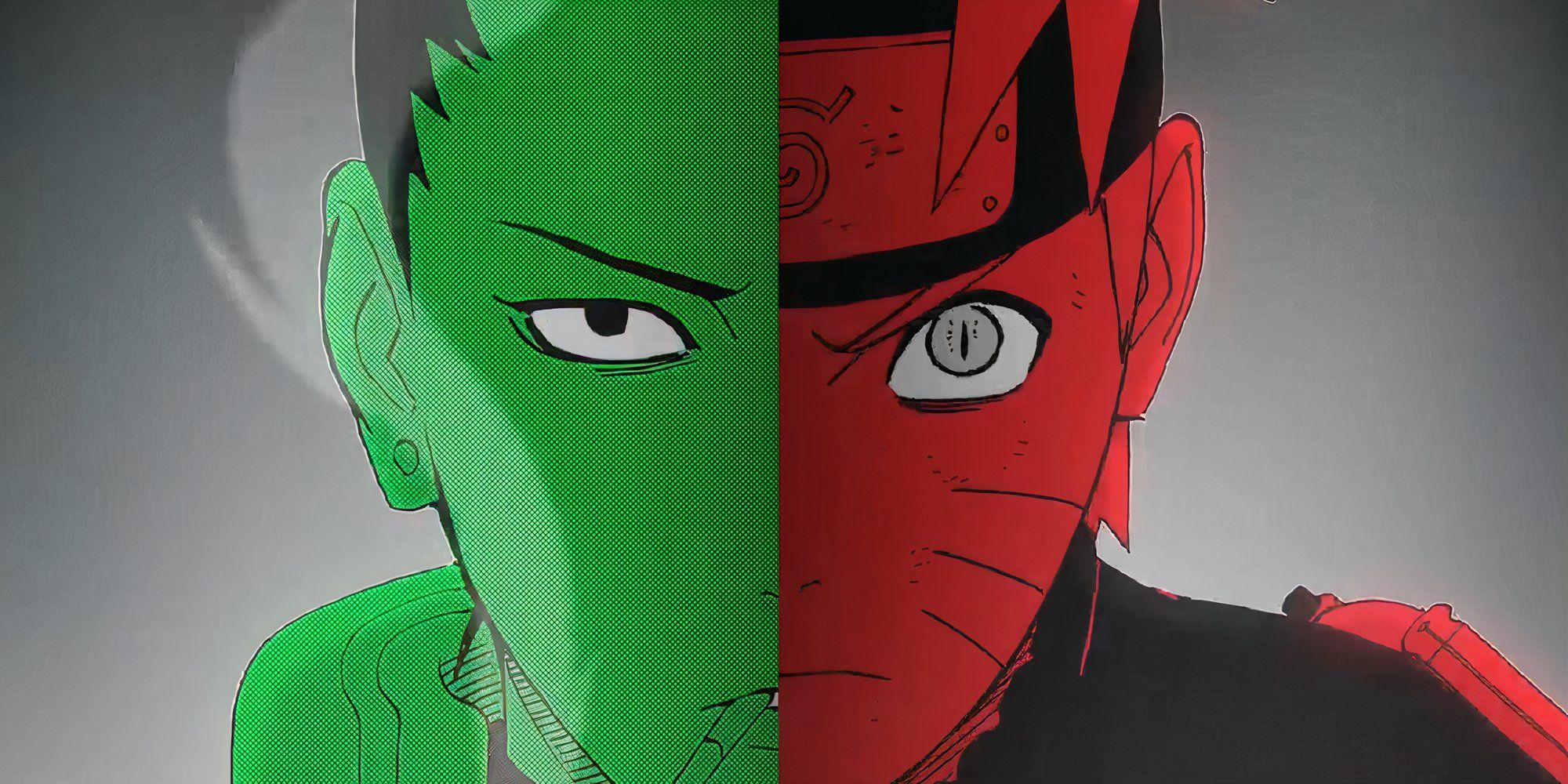
Node naruto and Boruto universe, being chosen as the leader of a hidden ninja village is no easy task, which is why many fans were shocked when Boruto: Two Blue Vortexes revealed that after Naruto's supposed death, the title was inherited by Shikamaru. The Hokage is selected based on several important criteria. This includes martial arts skills, leadership skills, and strategic thinking. Furthermore, a Hokage must possess confidence, willpower and determination, as well as empathy and compassion for his fellow villagers.
In the aftermath of the Fourth Great Shinobi War, Naruto's exceptional abilities, leadership qualities, unwavering will, and widespread popularity made him the obvious choice among village elders and daimyo to become Hokage. Without a doubt, his determination and achievements surpassed those of other candidates, including his colleague Shikamaru. However, recent events in Boruto suggest that although Shikamaru is less talented than Naruto, he is proving to be a more effective leader in several important ways.
Shikamaru is the perfect Hokage for a Konoha village facing an existential threat
In the blood and violence of the Shinobi world, dark times call for dark measures
In Boruto: Two Blue Vortexes Chapter #17, Shikamaru demonstrates a fundamental ability that sets him apart from Naruto and makes a compelling case for him being a better Hokageat least in the current circumstances: ruthless pragmatism. Specifically, Shikamaru demonstrates an unwavering focus on achieving practical goals, free from emotional considerations or conventional ethical standards. He is willing to eliminate Jura and the other Divine Trees by any means necessary, demonstrating his ability to make difficult, results-oriented decisions.
The best example of this is his order to Konohamaru to manipulate Moegi's lingering feelings for him - which Matsuri still keeps - to befriend her. Then, when her guard is down, Konohamaru is instructed to eliminate her. This is a brutal decision that fans aren't used to hearing from someone like Shikamaru - who was initially presented as lazy, apathetic and reluctant to take responsibility. However, Shikamaru's strategic thinking has always been a hallmark of his character. This cold, rational pragmatism previously allowed him to overcome stronger foes like Hidan and Kakuzu, foreshadowing his current calculating approach to decision-making.
Tame them while these beasts are still innocent puppies. And then... betray them!
While Shikamaru's rationality may not be necessary in every situation, and his decisions may not be in line with everyone's ethical standards, a strong argument can be made in support of his decision-making and why he was chosen as Hokage after Naruto's disappearance. This argument posits that in a shinobi world built on violence and cruelty, effective leadership often requires brutal pragmatism and difficult choices. This approach is particularly relevant during times of war, when survival is paramount. In such dire circumstances, the public may be willing to temporarily set aside certain principles if it will ensure their prosperity or survival.
Naruto is a warrior with a heart of gold – and that's a problem
On the other hand, Shikamaru's plan is something Naruto wouldn't have consideredeven given the existential threat posed by the Divine Trees. However, this mentality is not new to Naruto; it is a central aspect of his personality. In a profession based on strength and military discipline, within a hostile world full of enemies, Naruto has always avoided a practical philosophy regarding threats. Instead, he takes an idealistic approach, prioritizing the realization of his vision of a perfect world over pure pragmatism.
Some may call this naivety, while others may see it as well-intentioned idealism. However, this unshakable belief led him to consistently underestimate or misjudge the true nature of the threats he faced. Perhaps the best example of this is Naruto's unwavering effort to save Sasuke, even when the young Uchiha seemed determined to follow his own path regardless of the consequences. This persistence led to some questionable decisions, but as he would likely point out, the ends justified the means. While this approach may be viable on a personal level, as Hokage, he must prioritize the safety and well-being of the entire community.
That's not to say that Shikamaru's brutally realistic leadership is always superior to Naruto's idealistic progressivism. In fact, Naruto's approach played a crucial role in breaking the cycle of hatred that had plagued the village for centuries. However, Jura and the Divine Trees present an entirely different type of threat. Based on their actions and mindset thus far, it appears that the situation facing Konoha is do-or-die.
In this environment, Shikamaru's ideas, although darker than most fans could imagine, may be the only effective solution to saving Konoha and perhaps the entire planet, and future chapters of Boruto: Two Blue Vortexes will reveal whether these methods are the most effective.
